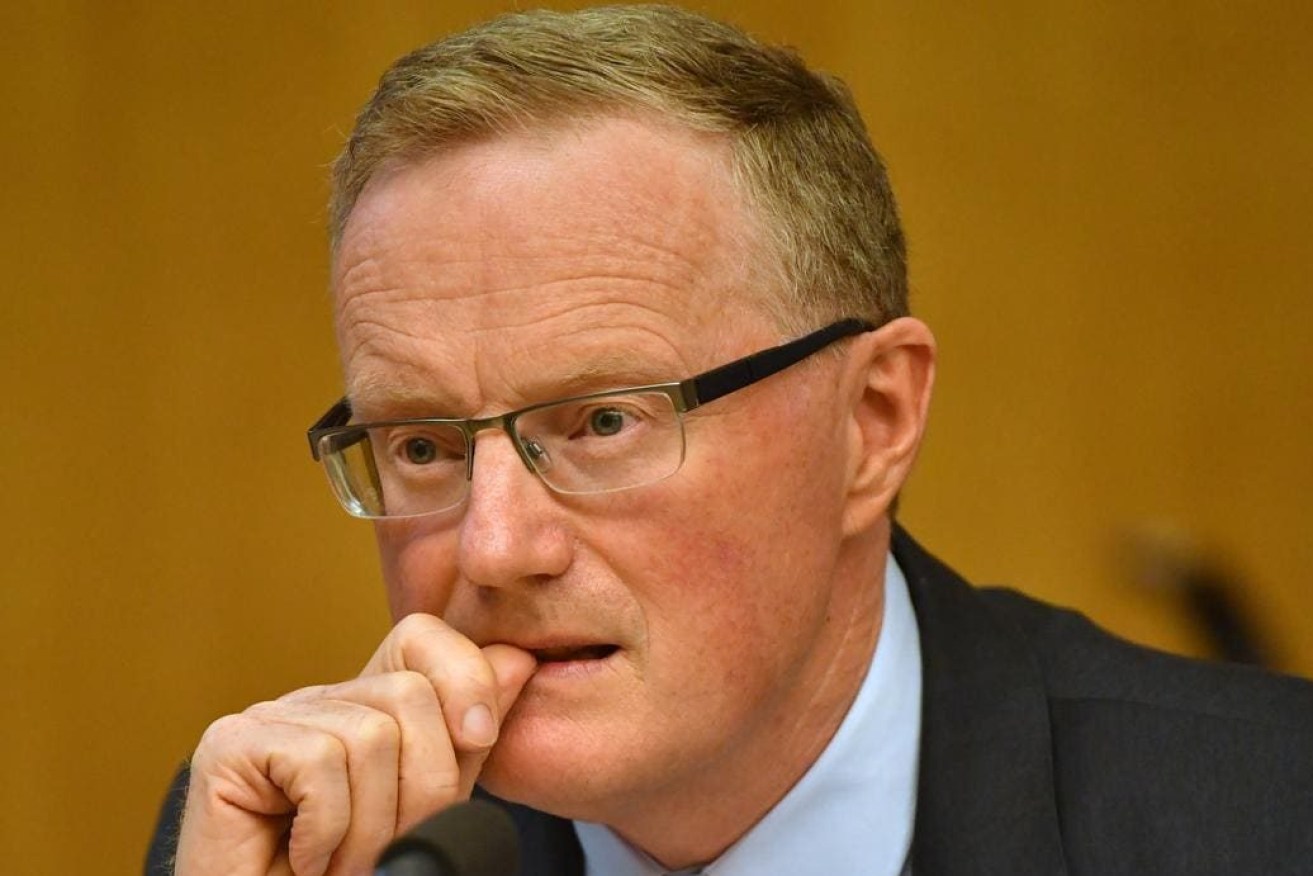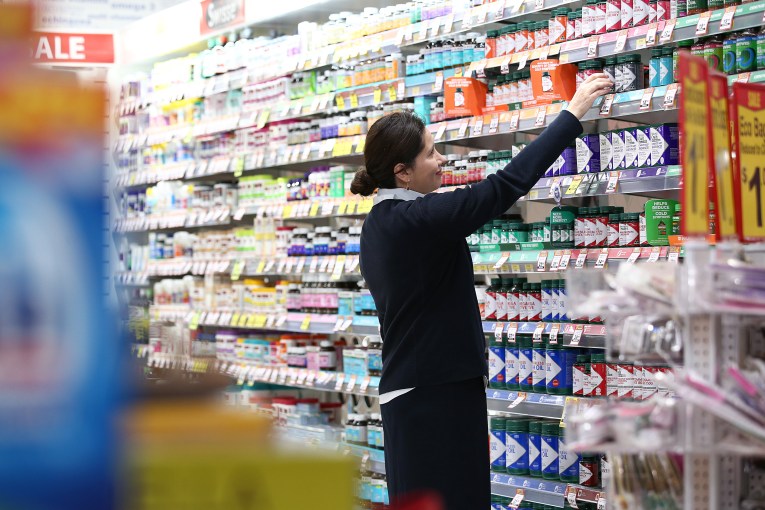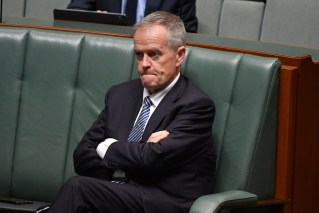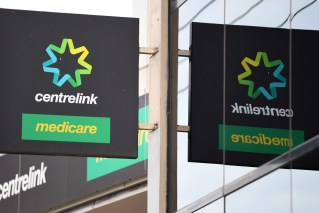December numbers expected to show how we avoided a recession
The latest assessment of the national economy is expected to show it rebounded strongly in the December quarter and avoided the pain of another recession as a result of the Covid-19 pandemic.

RBA Governor Philip Lowe
The Australian Bureau of Statistics will release the national accounts for the December quarter on Wednesday.
However, cost of living pressures are being felt across the country with record petrol prices alone biting into household budgets and inflation expected to accelerate further as global oil prices surge on Russia’s intensified bombardment of the Ukraine.
The latest National Australia Bank wellbeing survey shows one-in-five Australians have missed a bill or loan payment in the past three months, while 75 per cent are trying to save but are challenged by debt repayments, bills and everyday spending.
More than 40 per cent of all adults reported a decline in their savings in the past three months.
Meanwhile, economists expect the national accounts will show the economy grew by around 3.5 per cent in the December quarter, with at least one predicting an increase greater than four per cent.
The economy contracted by 1.9 per cent in the September quarter due to the lockdowns in NSW, Victoria and the ACT associated with the impact of the Delta variant of the coronavirus.
A recession, like that seen in 2020, is when there are two consecutive quarters of economic contraction.
Reserve Bank governor Philip Lowe says the Australian economy has since proved resilient in the face of the Omicron variant, but warned the war in the Ukraine is a new major source of uncertainty.
Leaving the cash rate unchanged at a record low 0.1 per cent at Tuesday’s monthly board meeting, Dr Lowe said there are uncertainties about how persistent the pick-up in inflation will be given recent developments in global energy markets and ongoing supply-side problems.
“While inflation has picked up, it is too early to conclude that it is sustainably within the target range,” he said.
“The board is prepared to be patient as it monitors how the various factors affecting inflation in Australia evolve.”
Economists expect the RBA will lift the cash rate later this year, but the timing of the first move is finely balanced.
The RBA expects the unemployment rate to fall under four per cent by the end of this year, while underlying inflation is projected to move above the two to three per cent target band and stay elevated.
“The potent mix means that the RBA will eventually need to move rates higher to dampen inflation,” St George chief economist Besa Deda said.
“But at the same time, the RBA wants to hold rates low for as long as possible to support the recovery from the pandemic.”
She said the risks from the war in Ukraine are of higher inflation, and possibly weaker global growth, depending on how events unfold,.












